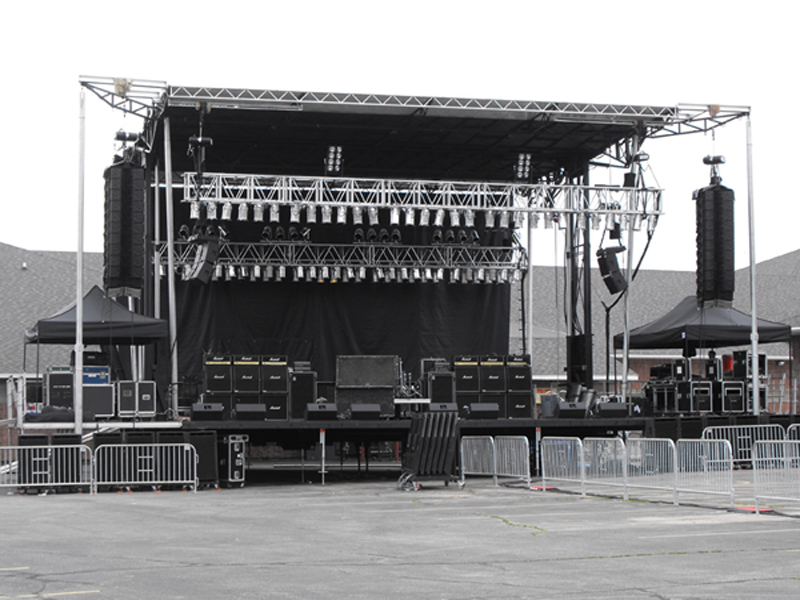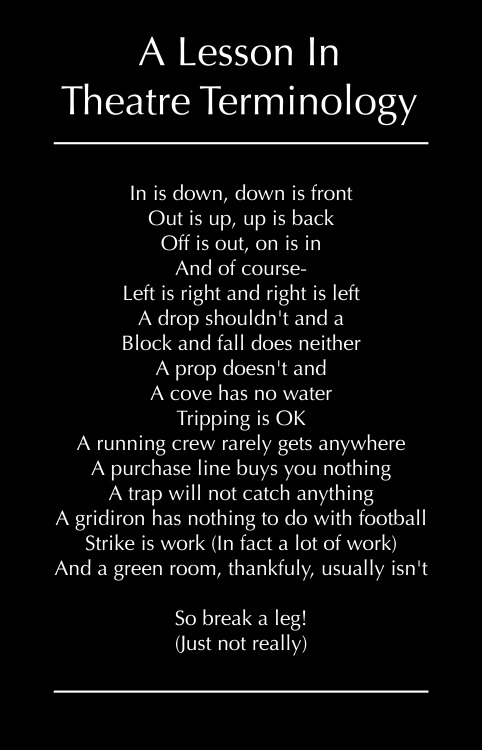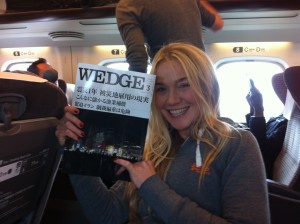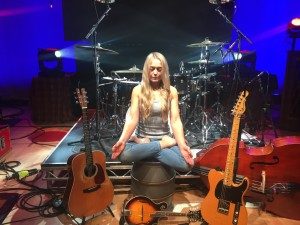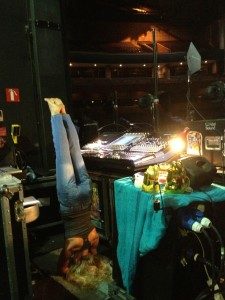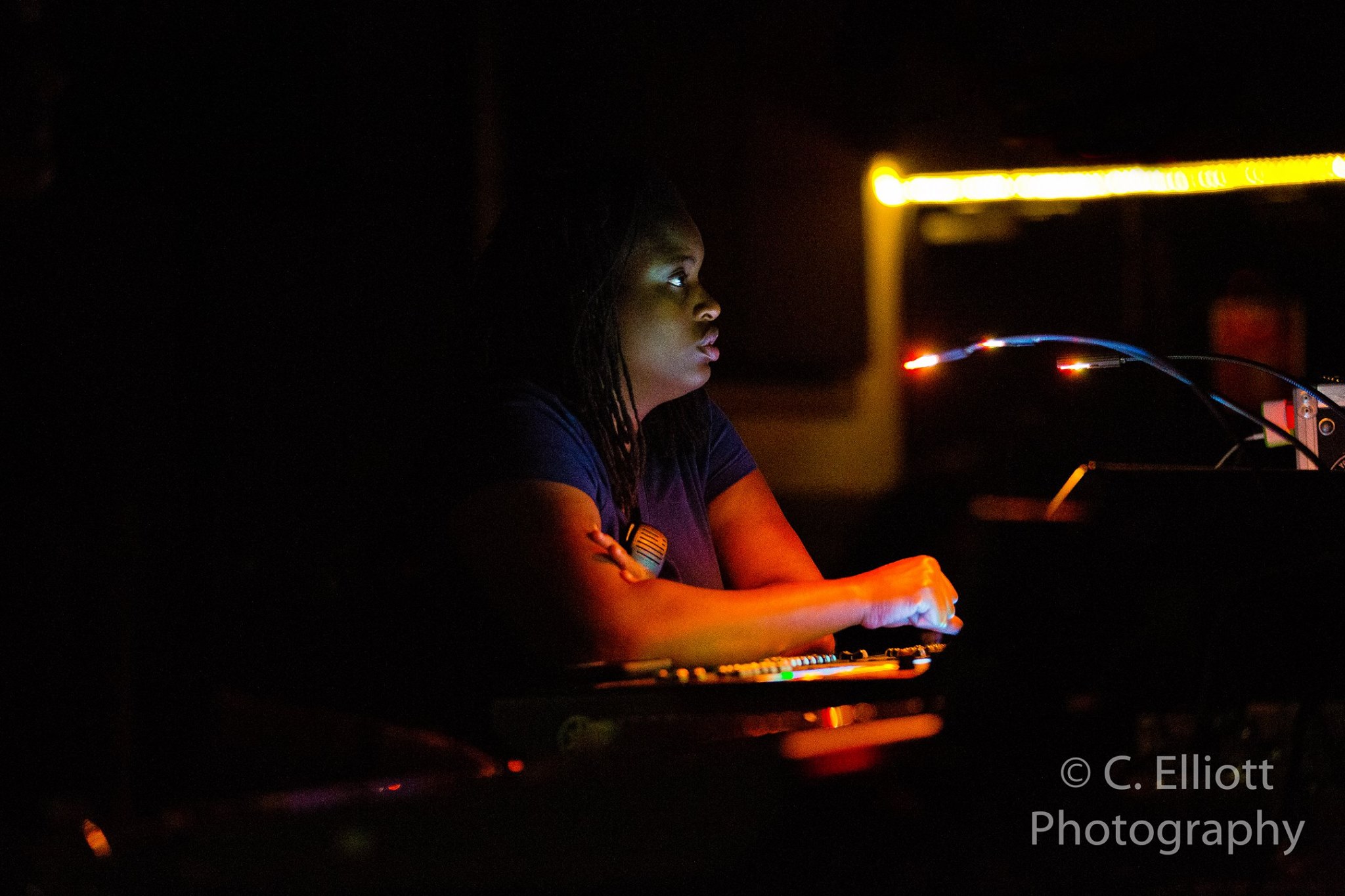What goes into being a great tech that engineers request or want to work with? The second in a series of articles on system techs and their advice on what it takes to be a great tech.
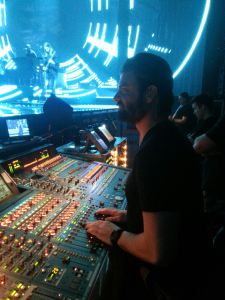 Kevin Glendinning started his professional career working at db Sound in Chicago (now Clair Global Chicago). He has toured as a monitor engineer with Justin Timberlake, Alicia Keys and has been working with Maroon 5 for the last six years. Kevin took the time to share with us his experience as a monitor engineer and system teching.
Kevin Glendinning started his professional career working at db Sound in Chicago (now Clair Global Chicago). He has toured as a monitor engineer with Justin Timberlake, Alicia Keys and has been working with Maroon 5 for the last six years. Kevin took the time to share with us his experience as a monitor engineer and system teching.
Questions from SG Members:
When people ask what I do, I never know what to say because there are so many terms that can describe what abilities and knowledge I have. I didn’t even realize there were “System techs” for monitors and FOH until I read the SoundGirls.Org blog. I know that everything I’ve learned about sound and signal processing/electronics etc. would easily make me by definition a “System tech” . But does that mean I should consider myself a sound engineer and technician?
Considering yourself as a sound engineer AND technician, sure why not. Plenty of well-accomplished sound mixers tend to pick up side/ downtime work from their mixing roles and wear the “tech hat”. Before being on my own as an independent, I was fortunate enough to stand behind some pretty well-accomplished monitor engineers. I learned what not to do mostly and even more valuable how to deal with bands artists and crews both on and off stages.
What type of equipment do you use for room measurement? Mics, computer programs, audio interfaces, things of that nature.
Room measurements? Well, ears first surely. If something measures up ok and looks all in proper alignment on a graph or chart but still sounds ‘off’, it’s because it is. Trust those two things every day, make sure they supersede any tool, software or device you may be using. Today with wireless, we rely more on RF spectrum analyzers to aid in our wireless allocations than anything else.
I do like looking a KT DN6000 RTA unit up to my listen buss, however. Nice to have a visual read out to aid in what you hear when you solo up inputs and outputs. Lots of times you’ll be cluttered in a funky corner or placed right near sub stacks and while you do what you can to keep the fillings from rattling out of your teeth the visual aids of RTAs goes a long way.
SpectraFoo again offers a great visual when you need to quickly located an offensive feedback ring out or even harshness across an ear mix. They got very artsy with their design, and a block or color differential notates a peak in level/ amplitude indicating where the feedback or level spike was happening in the audio spectrum.
What equipment have you worked with in the past? How does it compare to what you use today and how you are able to do your job now?
As far as the old gear vs. the new school technology it has been an interesting time spanning the last two decades. Undeniably the biggest advancement had been in digital sound desks and system processors. I’d venture to say that a majority of tours and shows out there these days use digital boards. They let the sound mixer become a bit more of a sound designer. Instead of being limited to the analog board’s signal flow and fixed layout on many of the new day digital desks you are free to lay out anything anywhere anytime. The use of automation or ‘snapshots’ song to song is invaluable. It’s one of those benefits that you think, “how did we do this before?”.
Same scope with system processors, the person, tuning and aligning a room or stage using more than just an L-R analog device (EQ or crossover unit) has a bank full of options. As well as the ability to store presets to be used night after night day after day.
What sort of ear training should be done to help in tuning monitors?
When I was 19 and working in the shop of a sound company, we would take a dynamic vocal mic, run it into the desk with no eq or fx. We would take the mic over to a wedge roughly 15 feet away from the drivers and using a 31 band EQ we would slowly boost one fader causing that freq to act up – feedback. After that, we would pull the EQ fader down, and we call the freq “160Hz, or 4K,” whatever the fader and feedback fundamental was. All this being recorded onto a DAT to be played back for anyone wanting to hone in on their ability to recognize specific freqs. One thing to be aware of however with too much level present you can cause more than one freq to take off so ease into it and just get the main fundamental freq.
Have there been any helpful books or training courses that you would recommend?
There is a ton of literature out there on live audio. I never really went that route. As much as I enjoy a good book I always found that real world knowledge was far more valuable. Do pick up The Audio Dictionary, however. I use it for explanations on terms when reading through Dave Rat’s blogs.
SoundGirls.Org Questions
What are the job duties of a stage tech vs. a monitor tech?
Stage Tech duties: Supply main power AC to the backline (band gear) and take care of all the inputs.
Monitor Tech duties: All things dealing with the mixing desk and monitor engineer, many times taking command of the speaker and IEM outputs as well. Lots of times these days the two rolls are wrapped into one position, even the monitor mixer possibly.
You currently tour with Maroon 5 as their ME, do you carry production? If so what company are you using? Do you have a dedicated tech?
On Maroon 5, we are currently carrying production from SSE Hire from Birmingham UK as well as a few select pieces from Sound Image San Diego. The band’s touring career has seen them use ShowCo, Rat Sound Clair Global, Gabison, as well as Jands throughout the globe. Really comes down to budgets, geography, and what PA systems the FOH guy/gal is into using in that particular era. Rarely do the monitor mixers hold too much weight in the decision making of audio vendors for tours.
What equipment are using?
I have a VERY standard touring rig for the Maroon 5 guys. We have a sd7 Digico with 70 inputs and 20 outputs (this includes crew mixes and an array of TB miss for stage comms).
We use and basic ears system from Shure (PSM1000s) and ear pieces from Jerry Harvey Audio, their Roxanne IEMs. The Digico – JH Audio -Shure combo is a winner for us. I get a clean accurate and very detailed result from keeping those three pieces in play tour to tour. I am on year six now with them, and although I do take other shows and projects I have been loyal to them as they’re loyal to me. A great relationship I like to keep going and enjoy.
How do you prioritize your job duties and tech duties?
Prioritizing is VERY important. If there are problem(s), and yes when one pops up another is sure to follow (see Murphy’s Law) it’s imperative to keep the voice calm, think clearly and make concise, direct decisions. As the monitor engineer remember, the band, crew, and staff go to you to ultimately fix whatever is acting up or malfunctioning. Top of the list as far as where the finger gets pointed. Something to get used to and not fear.
The important part is that things are safe for everyone’s hearing. By this I mean don’t ever be the one who could ultimately endanger or damage anyone’s hearing. With in-ears, I always implement an “it can only go quieter” policy. Meaning all pads are fully out on mic and DIs. If something fails on a transducer, it will only go quieter NOT louder. 12dB swing in an ear mix can be deafening, serious stuff to be aware of. If you’re not sure about an input; start with the channel fader all the way down, cue it up, have a listen and slowly bring the fader up instead of a unity ON button and see what happens.
Teching for a FOH or Monitor Engineer requires a certain set of skills. What do you feel are the important skills a monitor tech should possess?
The whole tech – engineer relationship can go both ways really. As in partnership or teamwork in business greatly improve when everyone works together and have the same goals in mind. Do a good show, have fun with what you are doing and treat everyone fairly in the process. Getting packed up and onto the next city in a timely manner is always everyone’s top focus once the band gets off stage.
FOH and Monitor Techs are often required to help the engineer achieve their vision and goals. How can a tech help the engineer see his/her vision come to fruition?
If you’re assigned a tech that is fairly new or ‘green’ it’s always a fun task of showing them fun tricks in audio or a slick thing here or there. Lending advice as to how she/he can improve on what they’re doing. I wasn’t born knowing it all and certainly still don’t. Many friends and superiors over the years were kind enough to show me a thing or two along the way.
What can a tech do to become irreplaceable?
The word irreplaceable should not be in anyone’s lexicon, ever. We can all be sent home at any time trust me. Remember that, always. When shows don’t go so well, it’ll surprise you how fast blame is assigned to those on the audio team.
How important is it for FOH and Stage to be working together?
The relationship between FOH and MON mixer is always colorful. One person thinks because they have 8 x times the number of inputs than the other that they’re more of an importance. Ha! I always try and get on well with the person I am sharing inputs with. Makes for a better tour and bus environment.
As systems become more technically advanced, how necessary is it to have training or to be certified on the different systems?
I think as we grow as an industry and manufacturers keeping advancing in terms of technology that it is important to keep on trends and developments. But it is also important to retain a bit of the old school. Remember that audio was around way before you and I and as long as there is oxygen will far outlast us into the future as well.
Training can be taught on all levels; bars, clubs, arenas and stadiums, all have their different quirks, and it’s crucial to be familiar with them all. Not just in terms of audio properties but you need to know how to hot wire the golf cart when catering is 8000 yards away at Wembley Stadium.
Lastly, I would say the basics are still an important thing to develop fully.
Signal flow from transducer – desk – output devices
Wireless elements – ears and mics
Frequency detection – try that 1/3rd octave set up we mocked up, still remember those days fondly in my upbringing
If anyone cares to ask further questions or chat I can be reached @ inearengineer@gmail.com
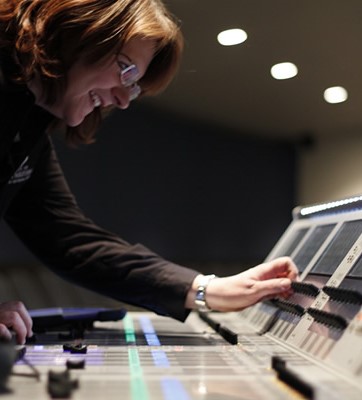
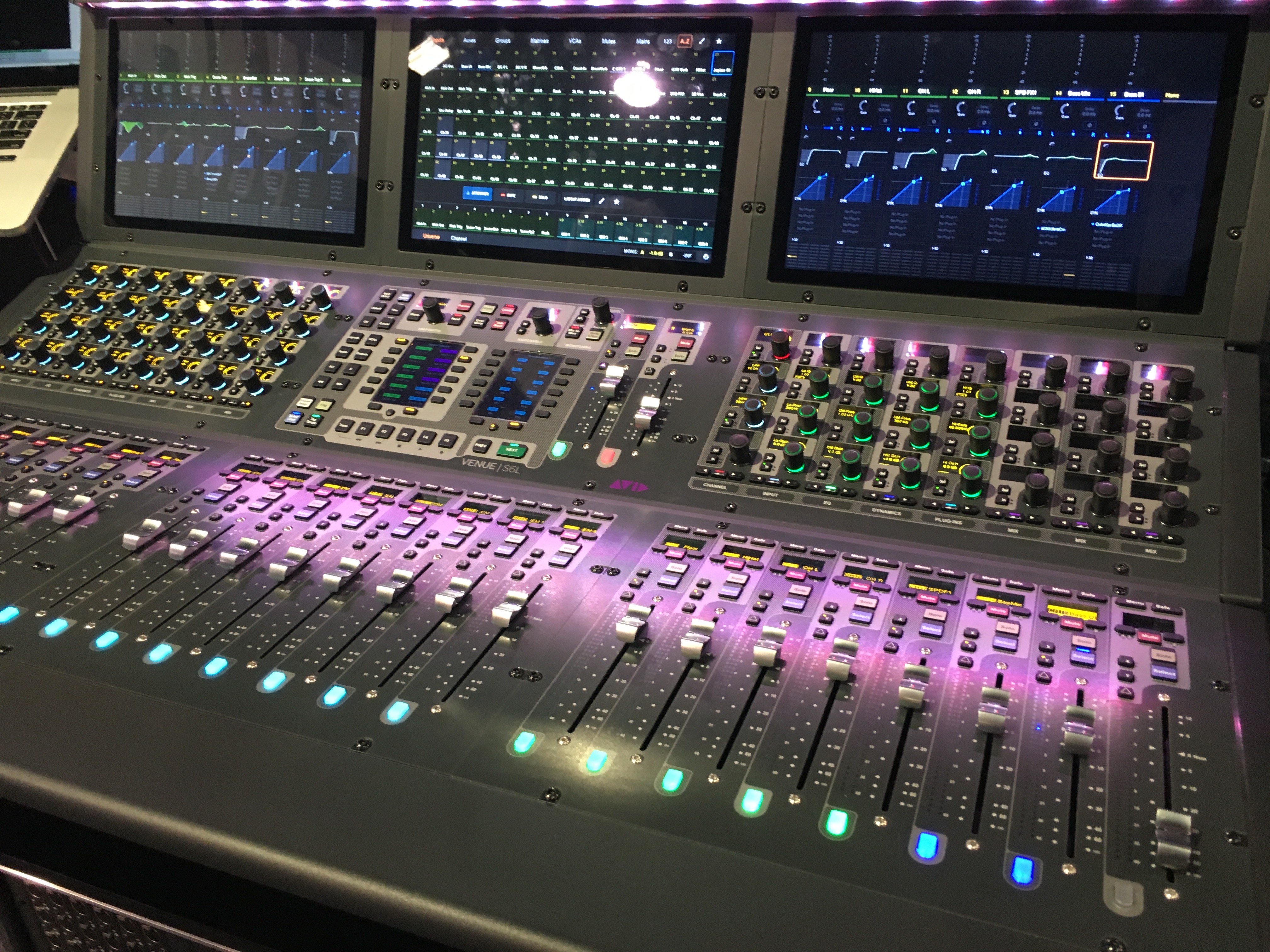
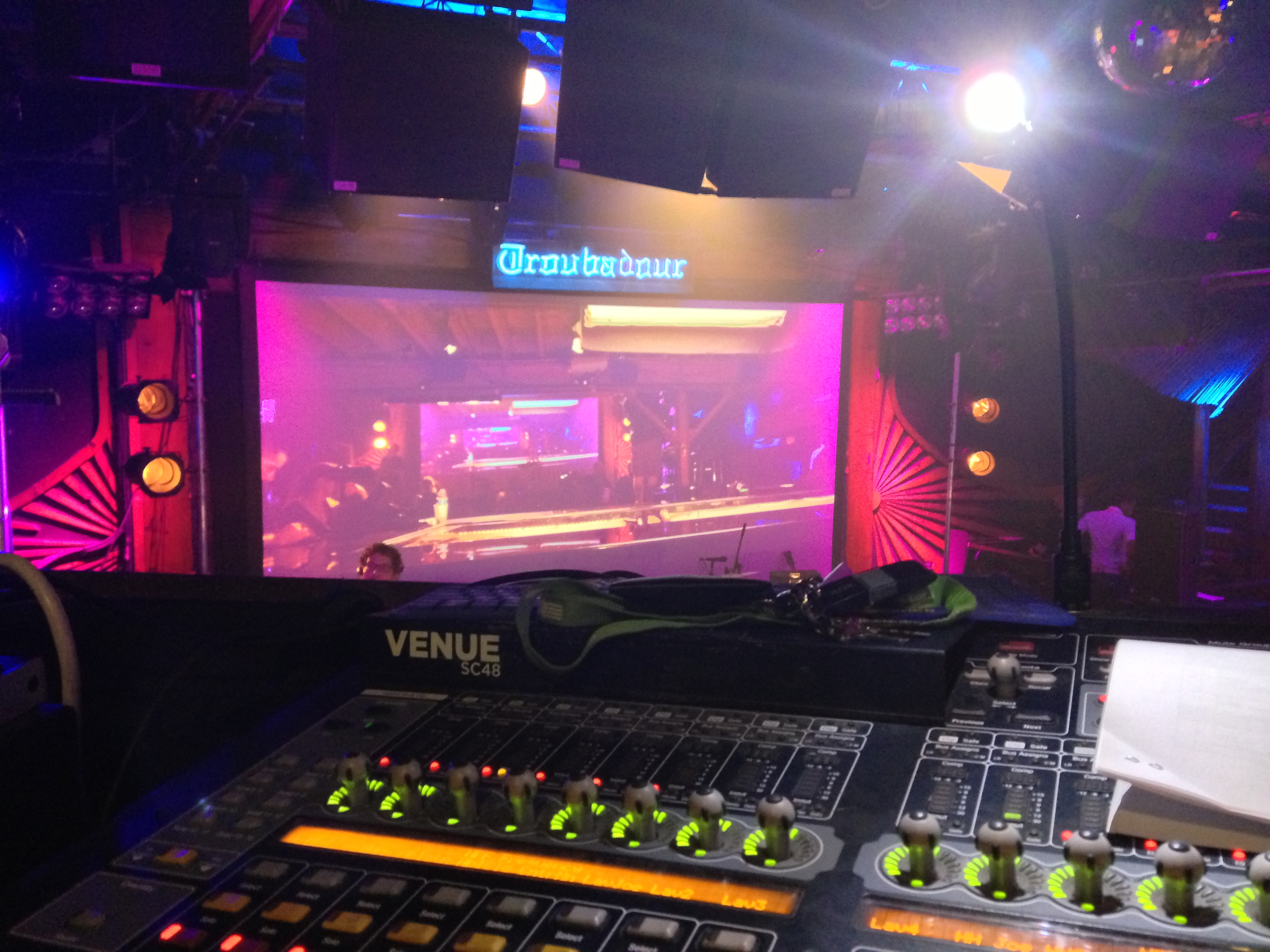
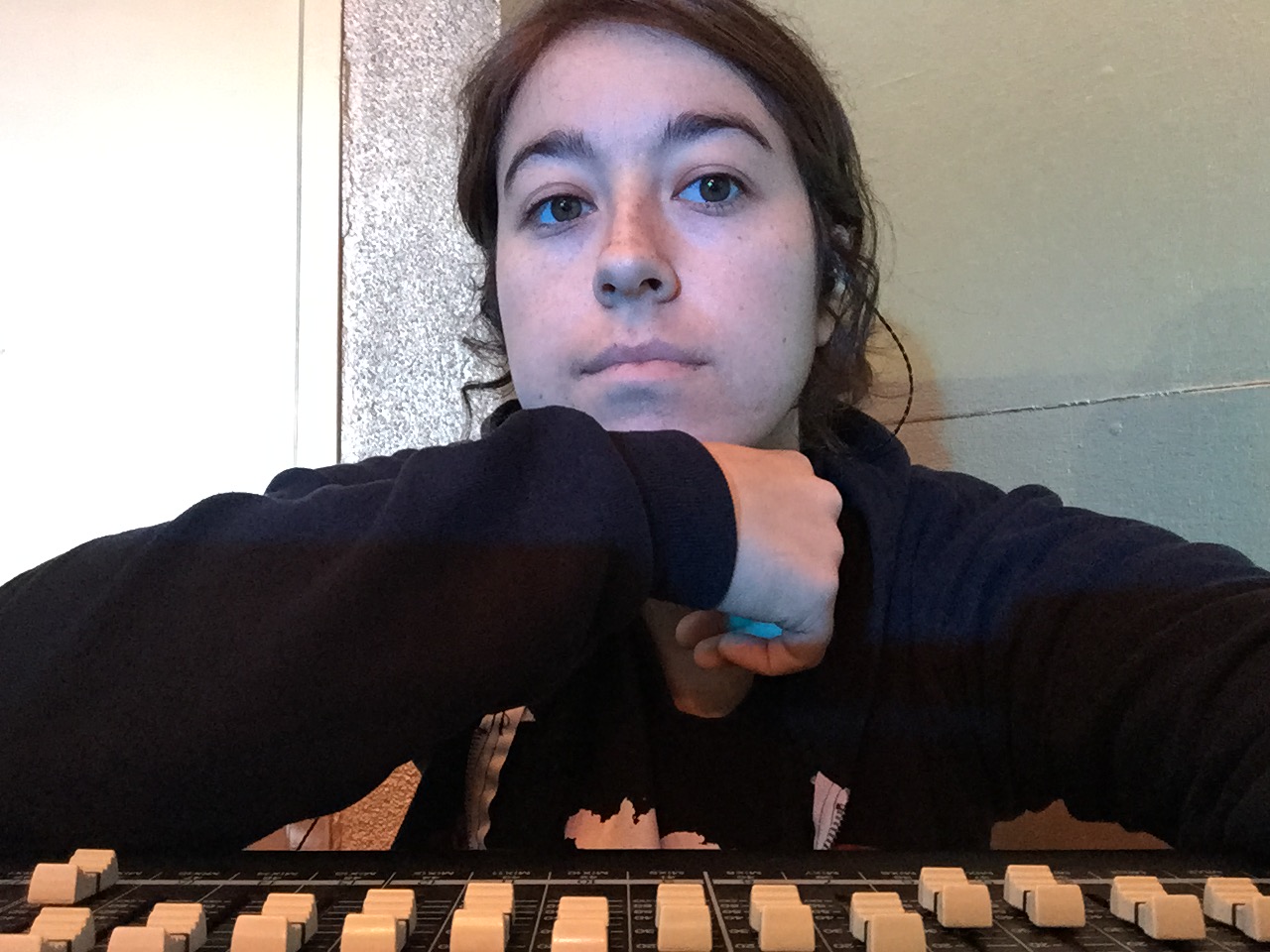 Megan Benavente is a freelance engineer based in Los Angeles and is one of the FOH Engineers at the legendary Troubadour, one of the best rock clubs in Los Angeles.
Megan Benavente is a freelance engineer based in Los Angeles and is one of the FOH Engineers at the legendary Troubadour, one of the best rock clubs in Los Angeles. 